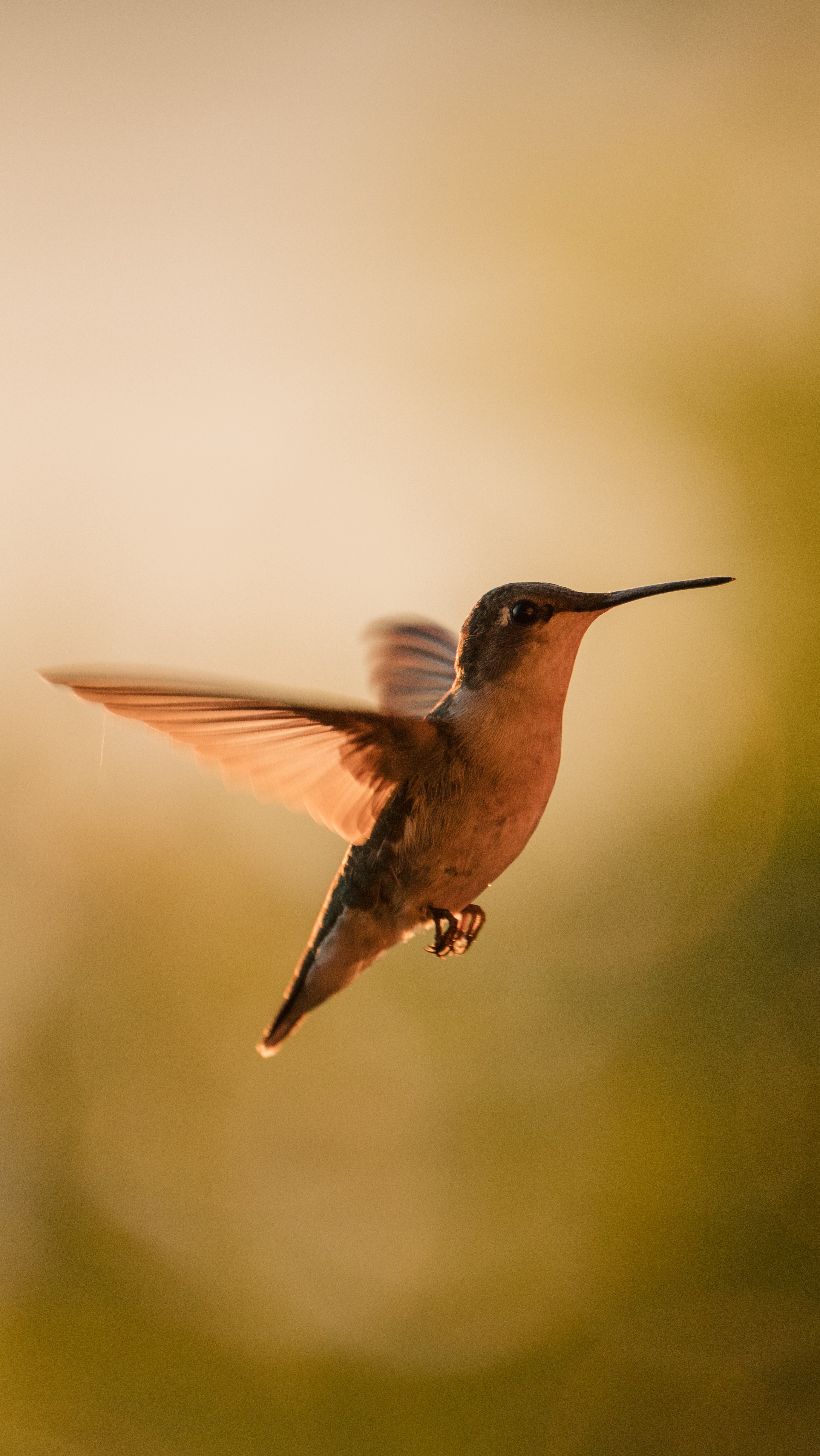This article by Ray Spitzenberger first appeared in IMAGES for May 14, 2020, East Bernard Express, East Bernard, Texas.
Our hummingbird feeder has been hanging on a tall rod by the fig tree for a week now, and I’ve seen only one hummer go near it. In fact, I’m not even sure it was a hummingbird, — as seen from the patio, it might have been a large wasp.
I have seen, however, the long-beaked little feather balls sipping on our cuphea’s trumpet blossoms on the west side of the patio. After wondering why they preferred the little red flowers to the big red feeder, my googling told me that they prefer natural sources of nectar rather than feeders, especially in blossoms like the cuphea. Since some years we have more hummers than other years, it is no doubt because of the flowers we plant.
Many folks like to think that Texas is the hummingbird Mecca of the Americas, but in actuality we are not. Most of these remarkable little flying machines are just flying through Texas from Mexico in the Spring to many other parts of the United States, though some do hang around for a while. In the Fall, they head back South. Hummingbirds are native to the Americas and are not found in Europe, Africa, Asia, Australia, or Antarctica. Ecuador (which straddles the equator) has the largest number of hummers in the world, followed by other countries in South and Central America.
No doubt the fact that most, if not all, hummingbirds are not permanent residents of the United States explains why not one of the 50 states has chosen these delightful birds as their State Bird. Yet everybody everywhere seems to admire and adore them for their cuteness, and for the astonishing abilities to fly across the Gulf of Mexico, travel a thousand miles, and fend off large predators, like hawks. As you may know from watching them, they are feisty little creatures.
Their beauty and unique physical and mental dexterity have made them very popular subjects for poets to write poems about. Robert Frost and Emily Dickinson, as well as many other famous, and not so famous, poets, have written poems about hummingbirds; and it would be impossible to estimate how many haiku have been written about them. Poet Ira Billman describes the hummingbird as “a sun-dyed dew-drop born with wings.” Richard Burton, in his hummer poem, raises the question whether it’s a “monster bee” or a “midget bird.” Interesting enough, there is a hummingbird species called the “bee hummingbird,” considered by ornithologists as the smallest bird species in the world. It is less than two inches long and weighs less than .07 ounces. Perhaps Burton had the bee hummingbird in mind when he wrote the poem.
Many years ago, I wrote a poem about the hummingbird that used to visit me at the large window of my studio, to let me know that the nearby feeder was empty, a feeder that he chased all other hummers away from. Unfortunately I seem to have lost that poem, but I have recently written a haiku about the hummer who visits our cuphea:
whirring wings
backwards, forwards with
searching beak
Haiku by Ray Spitzenberger (Copyright, May 2020)
That haiku reflects knowledge about hummingbirds I have recently learned in my research to write this column. Ornithologists tell us hummers are the only birds in the known world that can fly backwards as well as forwards. I also uncovered the fact they have no sense of smell, but who would want to write a poem about that characteristic, lol. Until I did my research, I wondered why the great ancient Japanese haiku poets never wrote about hummingbirds, since they wrote about nearly every creature God created on land, sea, or in the air. There were and are no hummingbirds in Japan. Ever.
These remarkable, incredible, amazing, glorious, awesome little birds make it impossible for me not to believe in a remarkable, incredible, amazing, glorious, and awesome God who created all things.
-o-
Ray Spitzenberger is a retired teacher and pastor, and author of a book, It Must Be the Noodles.

